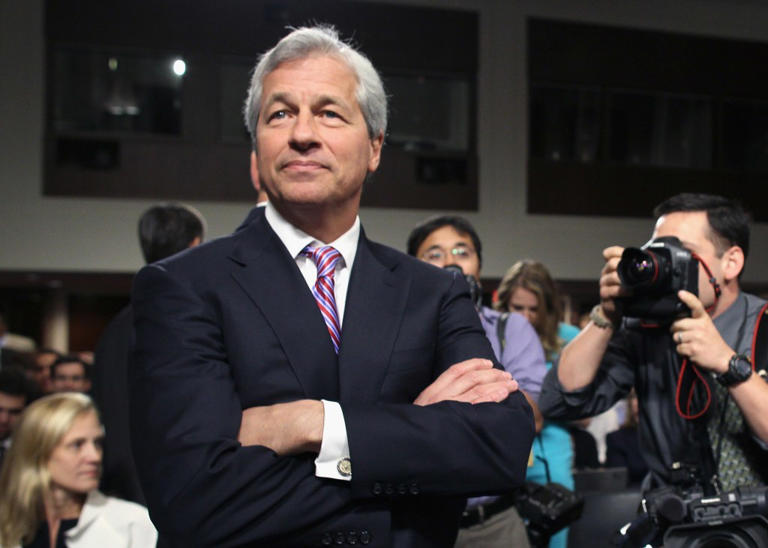Jamie Dimon, the influential leader of JPMorgan Chase, has recently issued a stark warning about the potential trajectory of interest rates in the United States. In his annual letter to JPMorgan shareholders, Dimon articulated concerns that interest rates could surge to more than 8% in the coming years. This alarming prediction is grounded in his analysis of several key factors shaping the economic landscape, including the record levels of U.S. debt and ongoing international conflicts. Dimon argues that these complexities could significantly complicate efforts to rein in inflation, posing significant challenges for policymakers and investors alike.
One of the primary drivers of Dimon’s warning is the massive fiscal spending undertaken by the U.S. government, exacerbated by the substantial investments required for transitioning to a green economy. This unprecedented level of spending, coupled with the remilitarization of the world and shifts in global trade dynamics, is creating inflationary pressures that could reverberate throughout the economy. Dimon’s assessment underscores the interconnectedness of global economic forces and the potential ripple effects of policy decisions on inflation and interest rates.
Central to Dimon’s concerns is the Federal Reserve’s ability to engineer a “soft landing” — a delicate balance where inflation is reined in without triggering a recession. While financial markets may be pricing in the likelihood of such a scenario, Dimon believes the odds are lower than anticipated. He cautions that achieving a soft landing amidst the current economic landscape may prove challenging, with potential implications for interest rates, business activity, and financial market stability.
The specter of stagflation looms large in Dimon’s analysis, representing a worst-case scenario where economic growth stagnates even as inflation remains elevated. Such a scenario would not only entail higher interest rates but also increased credit losses, reduced business volumes, and more challenging market conditions. Dimon’s warning underscores the potential for significant economic headwinds ahead, requiring careful navigation and proactive measures to mitigate risks.
Despite these sobering assessments, Dimon remains cautiously optimistic about JPMorgan’s resilience in the face of economic uncertainties. He points to the bank’s record profits in recent years as evidence of its strength and adaptability. However, Dimon acknowledges the broader economic risks associated with rising interest rates and inflationary pressures, emphasizing the need for prudent risk management and strategic planning.
Dimon’s warnings come at a pivotal moment for policymakers and investors grappling with the complexities of the current economic environment. With inflationary pressures on the rise and interest rates poised to potentially surge, stakeholders must carefully assess the implications for monetary policy, fiscal management, and long-term economic stability. Balancing the imperative of addressing inflation with the need to sustain economic growth and resilience will require coordinated efforts and forward-thinking strategies in the years ahead.
